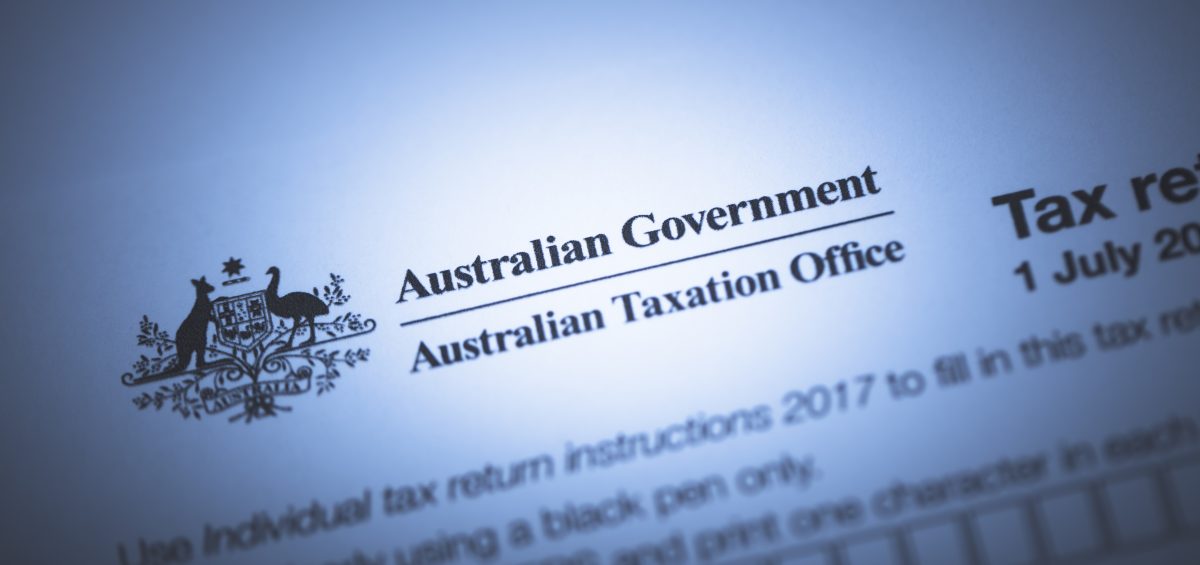From July 1, 2025, the general interest charge (GIC) and shortfall interest charge (SIC) will be made non-deductible, significantly increasing the cost of tax debt for businesses.
Current policy
Tax debt owed to the Australian Taxation Office (ATO) is subject to SIC and GIC, which are currently tax-deductible.
GIC is incurred when a taxpayer fails to lodge and pay their taxes by the due date. The current annual GIC rate is 11.42%.
SIC is incurred in instances of taxpayer errors which result in underpayment of tax. The current annual SIC rate is 7.42%.
Proposed policy
The new policy would see GIC and SIC charges incurred from July 1, 2025 onwards become non-deductible, essentially increasing the cost of tax debt.
This change comes amid an ATO crackdown on outstanding debt, with record numbers of director penalty and garnishee notices being issued. These measures are designed to accelerate collection of over $50 billion of tax debt owed to the ATO, exacerbated by pandemic-era leniency.
Impacts
CAANZ Senior Tax Adviser Susan Franks believes that this policy provides an incentive for businesses to prioritise tax payments, likely with increases in refinancing.
This policy will provide further cash flow challenges to struggling businesses, which may navigate to banks and other financial institutions for business loans with deductible interest fees, rather than incurring GIC.
Not all businesses will be able to secure tax-deductible finance and will be seeking help from accountants to manage cash flow, analysis and compliance requirements.
There is also concern that this change will further contribute to high corporate insolvency and restructures, with the increased cost of debt rendering many struggling businesses financially unviable.
Further considerations
If GIC and SIC are non-deductible, then their cost will be dependent on taxable income and business structure. This can create confusing scenarios, particularly in relation to sole traders where their tax rate can vary dramatically.
Making SIC non-deductible is being viewed as particularly harsh, as most taxpayers will be unaware of the debt until an amendment has been requested. The ATO justifies this decision, arguing that this will incentivise taxpayers to correctly self-assess and ensure correct lodgement.
Key takeaways
The ATO is making good on its commitment to crack down on non-compliance in the post-COVID era, and businesses will pay a high price if they choose to ignore the warnings.
Struggling businesses will need to lean on accountants to ensure they do not accrue potentially fatal debt by making unintentional errors or late payments. In instances where debt is unavoidable, businesses will need to consult with accounting professionals to manage cash flow, asset protection and financial analysis.
If your business is concerned about tax debt or financial stability, Optima Partners can help. Contact us today to discover long-term solutions for your business.






